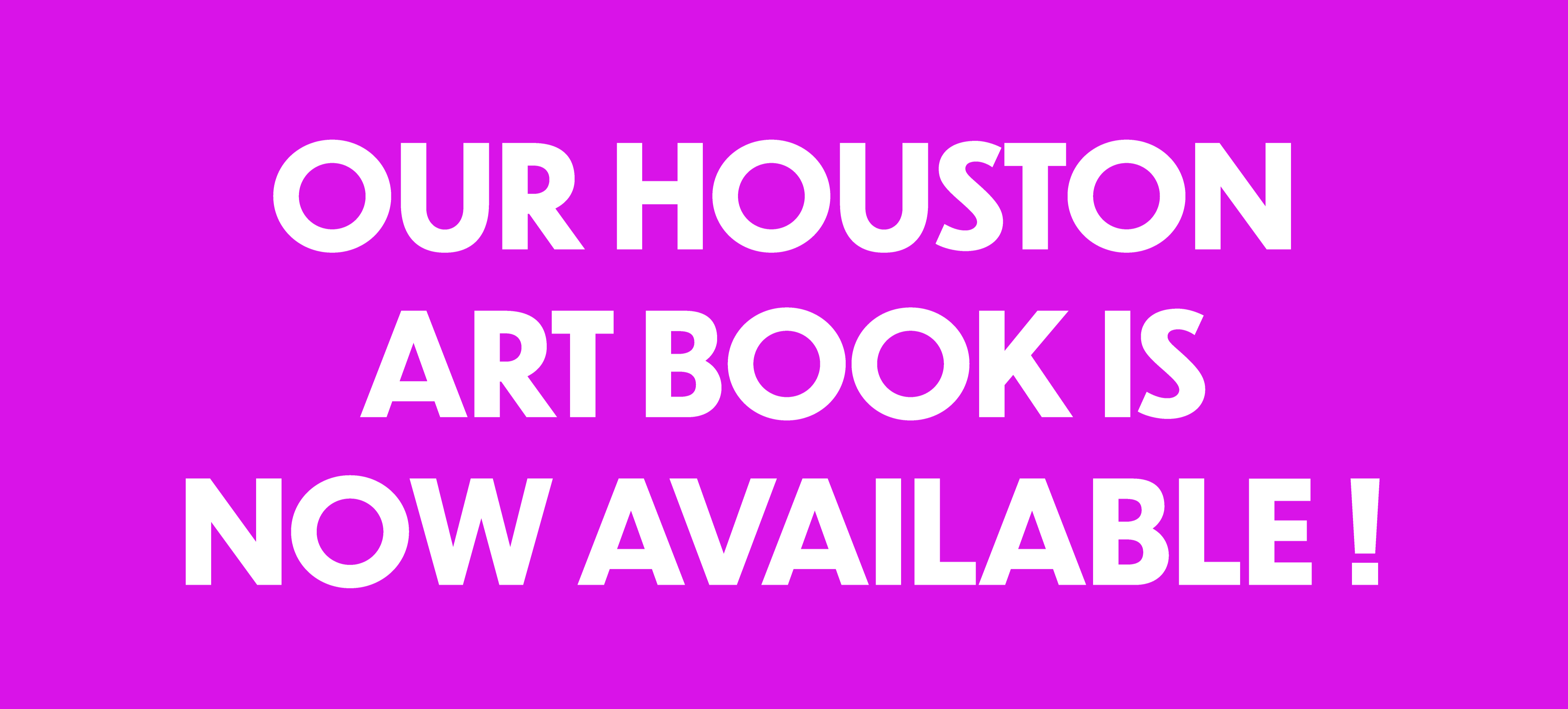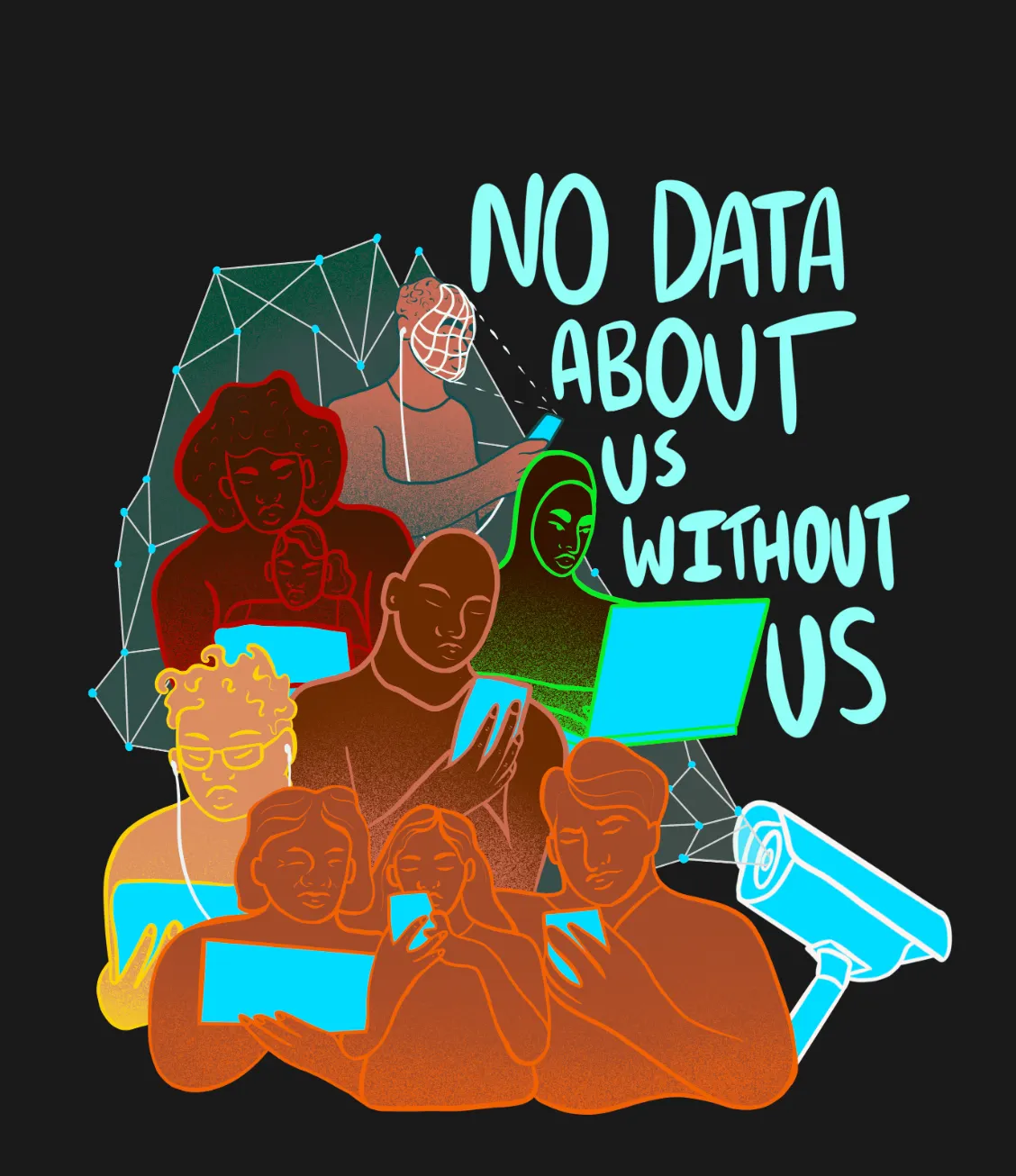Call for Fellowship Applications 2023-2024
The Edgelands Institute is looking for twelve early-career scholars, artists and researchers to join the Institute. Fellows will conduct an independent research project to help us better understand how the increasing digitalization of urban security impacts the social fabric of a city.

Photo: Camila Roldan
By 2030, 60% of the world’s population will live in cities. One of the biggest problems cities face is crime and violence, especially homicides. In fact, mayors talk about violence and public safety more than almost any other subject. Even war, the most extreme form of violence, has increasingly become urbanized. Another big trend in cities is digitalization – measured both by their higher degrees of connectivity, fast adoption of smartphones and urban tech, but also the fast adoption of so called smart-city technologies. Smart cities and smart city technologies are terms used to refer to computational models of urbanism and to data driven and algorithmically intermediated technologies. Not surprisingly, security is one of the issues for which these technologies are most often used – by governments, the private sector and by the general public in cities, as they use social media and messaging apps to connect with their communities and to spread information about security threats in their cities. The COVID-19 pandemic accelerated this general trend.
Throughout our work, our research and events have focused on one central question: how is the increasing digitalization of urban security impacting how people coexist in cities?
About Edgelands’ Fellowship Program
The Edgelands Institute is looking for twelve early-career scholars, artists and researchers to join the Institute. Fellows will conduct an independent research project to help us better understand how the increasing digitalization of urban security impacts the social fabric of a city. This is a remote Fellowship that will run from September 2023 to December 2023.
Throughout the months, fellows will become members of a cohort of international academics and professionals dedicated to research investigating the intersection of security, cities and digital technology. Fellows will meet every month to share progress on their research and give each other feedback. International and local experts from fields of interests may be invited to these conversations.
Fellows will be expected to:
- Produce a publishable article(s) in their field of research in which the Edgelands Institute’s contribution is recognized. These papers will be aggregated on our website - journal permitting - as an Edgelands Research Paper.
- Write at least one blog post connecting their research to current events for the general public.
- Attend at least 1 monthly meeting with the other fellows where they shall present their work/research to the other fellows and Edgelands team.
- Present their research at an internal conference hosted by the Edgelands Institute. Note: this will be an opportunity subject to funds and logistic arrangements in the summer/fall of 2024.
We are inviting current or graduated PhD students, postdocs, professors and researchers in academic institutions, and artists to apply. We especially welcome applications from researchers who are linked - whether personally, academically, or professionally - to Edgelands’ Cities Portfolio and adjacent research topics. Edgelands is likewise seeking artists who are curious about how visual storytelling can shed light on the ways that digital technologies are changing cities. “Artist” is purposely left vague - surprise us!
Language requirement: English is the working language at Edgelands. We welcome scholars working in other languages (French and Spanish preferred) but participation in meetings and presentations shall be in English.
Upon successfully meeting the fellowships’ requirements, all fellows will be compensated with a stipend of 800 USD.
About the Edgelands Institute
The Edgelands Institute is a multi-disciplinary organization that uses academic research, data, and art to explore how the digitalization of security is changing the urban social fabric. We bring citizens, policymakers, academics, artists and other stakeholders together to discuss how cities use digital technologies, particularly as they relate to security, and how they affect a city’s urban social fabric.
We take surveillance - as part of government, and as something to be governed - as part of the social contract since at least the late 19th century. As described by Toni Weller, “growing urban centers, an expanding franchise and improved literacy and communications all contributed to a shift in the relations between the state and the citizens. Political reforms throughout Europe and America during the 19th and 20th centuries put increasing pressure on the state to be accountable and to provide some form of social welfare for the citizens who elected them. This is the classic concept of a social contract, based on the ideas of Hobbes, Locke and Rousseau, in which citizens give up sovereignty to those who govern them in return for security, protection and welfare. However, in order for the state to offer welfare provision, those in power need to know who is eligible for payments and where they are, thus requiring some form of surveillance.”
A similar, radical transformation is underway. Our work stems from the following assumptions:
- Data gathering and digital technologies can be valuable tools for security policy-making. Indeed, intelligence has always been a big part of National Security.
- The extent and form to which surveillance is being adopted may be altering the social contract in cities around the world. Critics of these technologies have pointed out that these technologies can aggravate or at least reproduce racial discrimination and socio-economic inequality and that they can entrench surveillance in our cities’ fabric, eroding privacy and other related civil liberties. Thus, there are ways in which the reckless adoption of these technologies can make certain groups of people unsafe, instead of safer.
- Security threats are changing, and we take this seriously. Cities are increasingly facing the pressure of global challenges like climate change, migration crises, pandemics, political polarization and rising inequality. Though these changes may not necessarily spark violence, they add fuel to national discontent. People deserve to live in cities where they are protected from violence, and they have the right to expect that their governments will make reasonable allowances to guarantee urban peace and prosperity.
As an Institute, we are pragmatic and impartial about the use of these technologies and believe that they are here to stay. We believe, however, that there needs to be an open, democratic conversation amongst all stakeholders about how the use of digital technologies for security are impacting cities and the people who live in them. These open conversations should lead to practical outcomes concerning how these tools are adopted and governed in our cities. For this reason, our work focuses on doing research about these impacts and creating spaces of conversation and connection - both on and offline - to break down barriers between the public and private sectors, as well as civil society.
The Institute is setting up pop-ups in cities across the globe that have made innovative strides in their use of digital technologies, particularly as they relate to security. Our team is already on the ground in Medellín, Cúcuta, Geneva and Nairobi with plans to open up shop in Singapore, Beirut, Chicago, among many other cities. In each city, our methodology consists of three steps. First, we bring stakeholders together to identify tensions and opportunities around a particular urgent issue related to security and the social contract in each city, with an emphasis on exposing different perspectives throughout. Second, we partner with local universities to host Research Sprints, where we bring local and international students, experts and researchers to produce a policy proposal for the public. Third and last, we host Art Labs that bring experts, artists and communities together, linked to the local issue and organize with local stakeholders to design new policies and measures to address the identified challenges.
Fellowship duration: September 2023 to December 2023.
Fellowship stipend: 800 USD
Fellowship mode: Remote
Application due date: July 15, 2023
There is no such thing as a ‘perfect’ candidate. Edgelands encourages researchers from all career stages, fields and countries to apply - whatever background you bring with you, apply if this is a role that tickles your fancy!
To apply, please fill out the form linked here.
Equal Opportunity Institution
The Edgelands Institute is an equal opportunity employer. We believe in the power of bringing a diverse group of people together, and value breaking down the barriers of accessibility and diversity of experience that so often exist in traditional academic and policymaking circles. Equal opportunity runs deep at Edgelands - it is particularly important for our hiring practices.
We celebrate diversity and are committed to creating an inclusive environment for all employees, beginning from the application phase. We do not discriminate based on race, religion, color, nationality, sex, sexual orientation, gender expression/identity, age, disability, or other characteristics.



